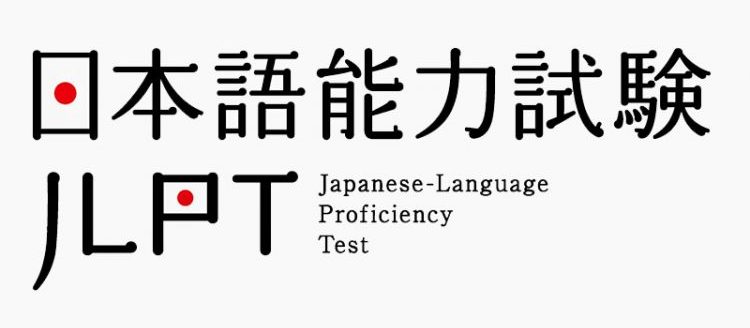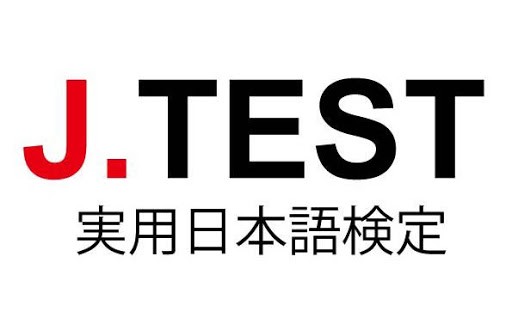Mastering Japanese is already, in itself, a powerful differentiator in the job market. But those who seek better salaries and more professional opportunities can go beyond fluency: achieving recognized certifications in the language. These certificates officially prove your skills and can open doors in companies, selection processes, promotions, and even work visas.
In this article, you will learn about the Japanese certifications that add the most value to your resume, how they work, where to obtain them, and, most importantly, how they can impact your income.
Table of Content
Why invest in Japanese certifications?
In an increasingly globalized world, multinational companies and academic institutions require formal proof of language proficiency. With Japanese, it is no different. Having a certification can be the determining factor in securing a position or even negotiating a better salary.
In addition, some work or residence visas in Japan require proof of language proficiency. In business contexts, mastering Japanese at an advanced level can increase salaries by up to 30% to 50%, especially in sectors such as IT, translation, customer service, and international trade.
1. JLPT (Teste de Proficiência em Língua Japonesa)
The JLPT is the most recognized and globally accepted certification. Organized by the Japan Foundation, the exam is administered twice a year in dozens of countries and measures proficiency in reading and listening comprehension.
Levels and Professional Impact
The JLPT is divided into five levels:
- N5 and N4: Basic — shows that you understand simple sentences.
- N3: Intermediate — allows for broader communication.
- N2: Advanced - required by many companies and educational institutions.
- N1: Fluent — opens doors to high-level positions and academic careers.
N2 and N1 are the most valued certificates in the market. A professional with N2 can work in bilingual service, technical support, simple translation, and have salaries between ¥250,000 and ¥400,000 monthly. With the N1, it is possible to work as a technical translator, project manager, or in administrative positions, with earnings that exceed ¥600,000 monthly.
How to prepare
The JLPT does not require speaking or writing skills. Therefore, study should focus on grammar, reading, vocabulary, and listening. There are free practice tests, books like “Nihongo Sou Matome” and online platforms specifically for the exam.

2. J.TEST – Teste de Japonês Prático
Less known outside of Japan, the J.TEST is widely accepted by Japanese companies. Unlike the JLPT, it focuses on the practical application of the language in corporate everyday life, including listening, reading, and vocabulary.
Advantages of J.TEST
- Applies to real-world contexts: emails, meetings, reports.
- Includes professional vocabulary and everyday business expressions.
- Accepted by Japanese companies at the time of hiring.
The test is divided into levels from A to F. To secure positions with good salary, it is recommended to reach level A or B, equivalent to JLPT N2/N1.
Companies that use the J.TEST as a hiring criterion generally offer more competitive salaries, performance bonuses for language skills, and faster growth opportunities.

3. BJT – Test de Proficiência em Japonês para Negócios
Aimed at those looking to work with Japanese for business, the BJT is an excellent option for professionals in fields such as foreign trade, marketing, international relations, and management.
Differentials of the BJT
- Evaluate real communication in a corporate environment.
- Use videos, emails, graphics, and authentic business situations.
- Score scale of 0 to 800, with above 600 considered excellent.
Companies that work with foreign clients or wish to expand into international markets greatly value candidates with BJT. A good performance can mean not only higher salaries but also promotions and qualification bonuses.
The BJT is administered by the Japan Kanji Aptitude Testing Foundation and can be taken online, making it easier for foreigners outside of Japan to access.
4. Kanken – Kanji Proficiency Test (漢字検定)
Although it is not directly related to overall proficiency, the Kanken measures the knowledge of kanji, the ideograms used in the Japanese language. For those who work with writing, technical translation, literature, or education, this certification is a powerful differentiator.
High levels of Kanken (1 to 2) are rare even among natives, and mastering this content demonstrates a level of linguistic excellence. Specialized translators in academic or legal texts who possess the Kanken can charge higher rates per page.

Additional Certifications Worth Having
Some specific sectors may require or value other complementary certifications in Japanese, such as:
- Japanese Proficiency Test for Nursing and Elderly Care – used for the immigration of healthcare professionals.
- In-house certifications of companies – large Japanese companies train and certify employees with corporate Japanese language courses.
- Technical courses with language certification – culinary, fashion, or technology schools in Japan sometimes include language tests as part of the curriculum.
Wrapping Up
Investing in Japanese certifications is one of the most effective ways to increase your salary, secure promotions, and ensure a place in competitive markets.
If your goal is to work with the language — whether in person in Japan or remotely — certifying your level of proficiency is more than just a differentiator: it's an increasingly common requirement.
Choose the certification that best suits your profile and area of expertise, and start preparing now. Investing in your Japanese level can yield returns far beyond linguistic recognition — it can be the key to boosting your career.
